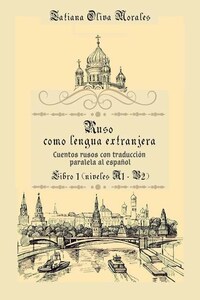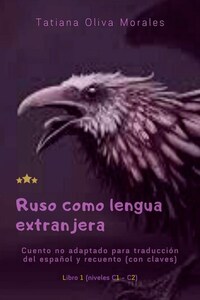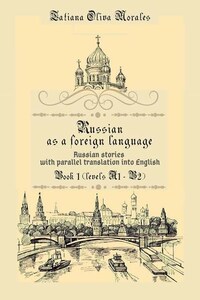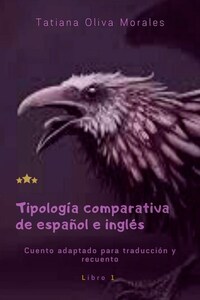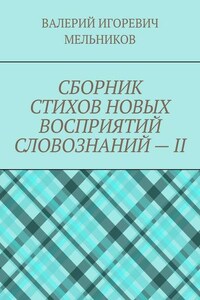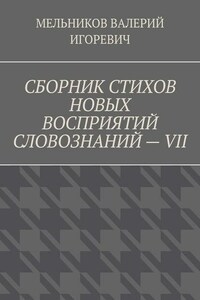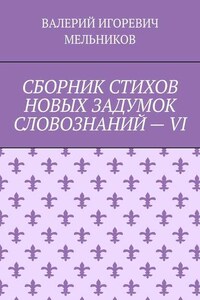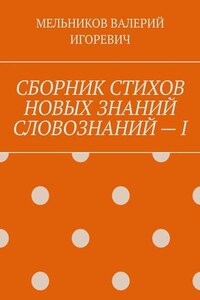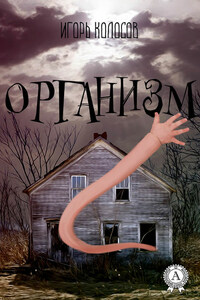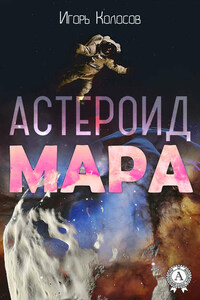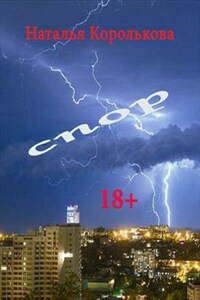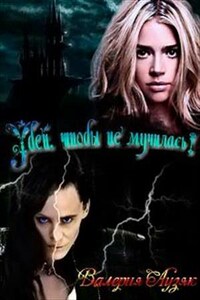Tatiana Oliva Morales - Pruebas de inglés. Niveles A1—A2. Serie de pruebas con claves
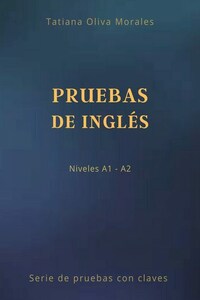
| Название: | Pruebas de inglés. Niveles A1—A2. Serie de pruebas con claves |
| Автор: | Tatiana Oliva Morales |
| Жанр: | Языкознание |
| Серии: | Нет данных |
| ISBN: | Нет данных |
| Год: | Не установлен |
О чем книга "Pruebas de inglés. Niveles A1—A2. Serie de pruebas con claves"
El libro presenta pruebas para verificar el conocimiento de los conceptos básicos de la gramática inglesa: los tiempos del grupo Simple (Presente Simple, Pasado Simple, Futuro Simple); artículo indefinido y definido, preposiciones, construcción de las oraciones negativas e interrogativas, tiempo del verbo inglés en las oraciones subordinadas condicionales del primer tipo. Las pruebas tienen claves.
Бесплатно читать онлайн Pruebas de inglés. Niveles A1—A2. Serie de pruebas con claves
С этой книгой читают
